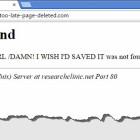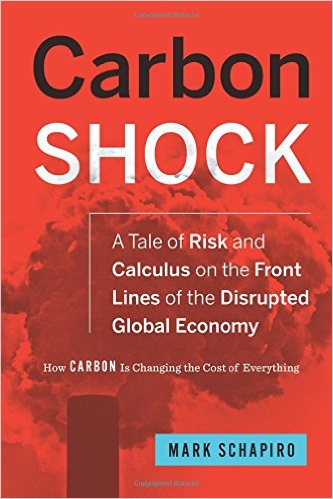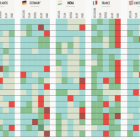Tools & Techniques
How to Save Online Evidence and Why It Matters: Part One
|
As journalists we are used to saving information. We securely store documents, keep meticulous notes, save and back up important emails on our computers. But what about the information we find online during the course of our investigations?









